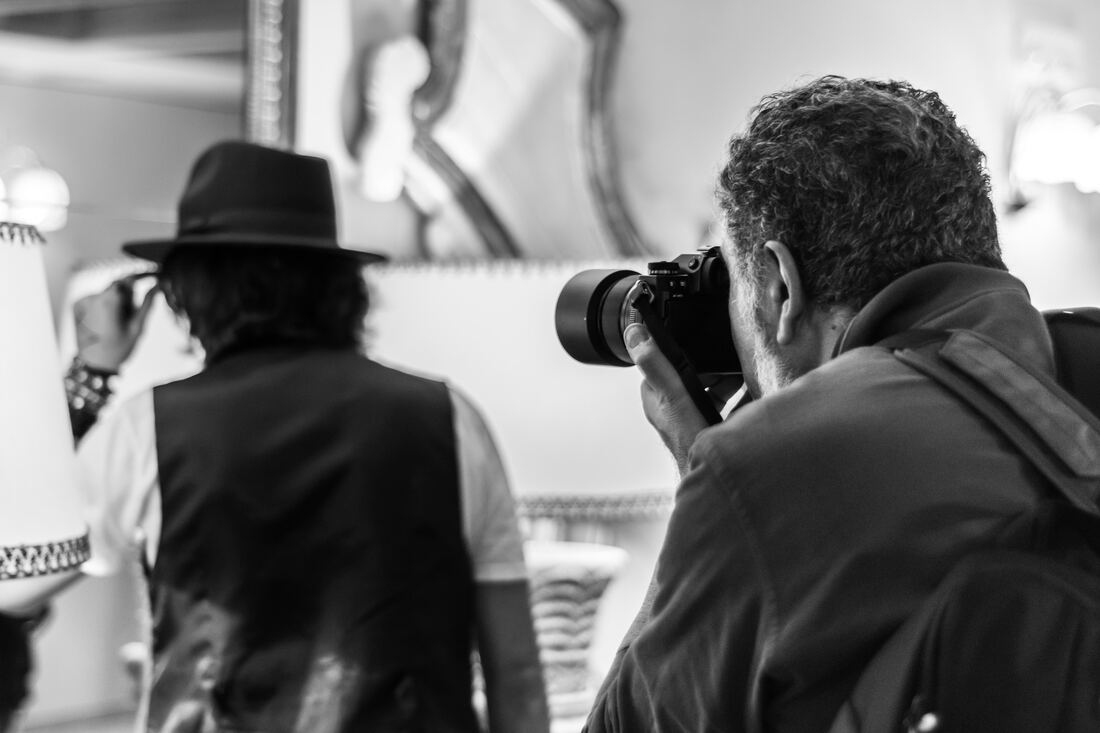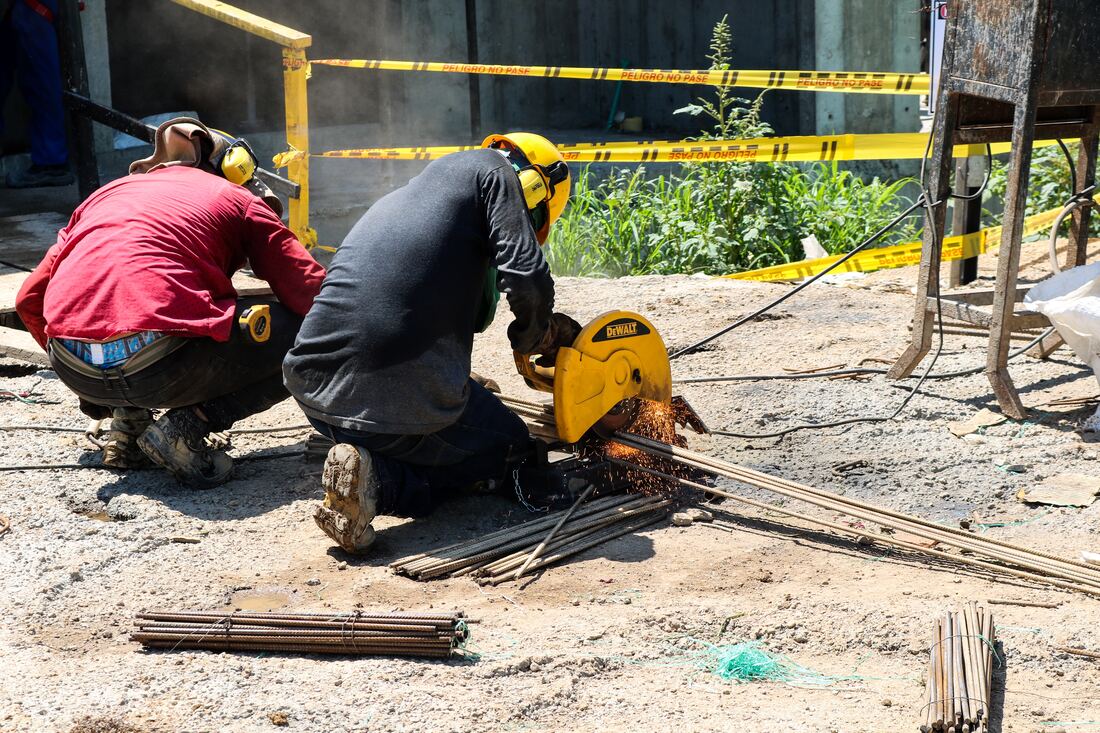|
Hearing aids are not always an option for people, even if you have hearing loss. Communication becomes a barrier in your interactions with loved ones, colleagues, professionals who you need help from - basically, everyone. Not using hearing aids when needed can lead to Alzheimer’s, dementia, and falling.
Based on where you live, coverage for hearing aids may be available through Medicare. Understanding Medicaid Medicaid is healthcare coverage for millions of low-income Americans or those with specific disabilities. The federal government enforces requirements regulated by each state. Medicaid coverage will vary from state to state, and hearing coverage via Medicaid will also vary depending on where you live. Some states offer all-inclusive benefits which cover hearing health, and others are more exclusive. Services that Medicaid may cover for Hearing The following hearing-related services might receive Medicaid coverage:
These coverages vary by state. (Not including children, who receive coverage across the country with EPSDT.) Review your state’s Medicaid program to understand what services are covered and whether you qualify. To determine what coverage you may receive from your state, visit your state’s Medicaid website. Factors that may determine coverage:
Do hearing instrument specialists (HIS) take Medicaid? Yes. Hearing instrument specialists, like the ones from Pure Sound Hearing, accept Medicaid. Check to see if we also accept your insurance. If you don't see your insurance listed, contact us to find out. If you don’t have Medicaid coverage, and the cost of hearing aids is still financially unfeasible, there are discount hearing aids available at Pure Sound Hearing. Contact us for a complimentary hearing test and consultation with one of our hearing instrument specialists in Elizabethtown, Lititz, or Strasburg. You don’t often hear or read about hearing loss in mainstream media. Have you seen any celebrities on TV, in a movie, or a musician wearing a hearing aid? Some advisors encourage them to hide their hearing loss, even though it is general knowledge that many musicians lose their hearing after performing for a long time.
Recently, there has been a rise in actors, musicians, and other notable people who have opened up about their hearing loss. The following individuals have been outspoken about their hearing problems, which helps destigmatize the condition. Notable Actors with Hearing Problems Halle Berry Halle Berry lost hearing in one ear after a domestic violence incident caused by a blow to the head by a former boyfriend. A traumatic brain injury (TBI), like a concussion, can cause permanent damage to the ear and auditory system that connects to the brain. Barry, a native of Cleveland, OH, was a pageant queen and a successful actress in TV and movies. She won an Academy Award for Best Actress in a Leading Role in “Monster’s Ball” (2002) and an Emmy for Outstanding Lead Actress in “Introducing Dorothy Dandridge” (2000). Stephen Colbert As a child, Stephen Colbert had surgery to repair a perforated eardrum. The surgery caused single-sided deafness (SSD). He has joked about his ear by saying the surgeons “scooped it all out with a melon baller” and calls his external ear “a prop.” He’s gone on to host The Late Show with Stephen Colbert and received Peabody and Emmy Awards for his past shows, “The Daily Show,” “The Colbert Report,” and specials on Showtime. Whoopie Goldberg Whoopie Goldberg is an award-winning comedian and actress who also happens to wear hearing aids. She lost her hearing after many years of listening to loud music, which caused damage to her eardrum. Before she became an actress and comedian, she worked in a funeral parlor and as a bricklayer. She won an Academy Award for Best Actress in a Supporting Role for 1991’s “Ghost” and was an Oscar nominee for Best Actress in a Leading Role for 1986’s “The Color Purple.” Holly Hunter Actress Holly Hunter became deaf in her left ear after a case of mumps. At age 9, she started learning how to play the piano. Her piano skills came in handy when she played the role of a mute woman living in the 1850s in the movie “The Piano.” Her performance in this film helped her win an Oscar for Best Actress in 1993. Hunter is well known for her attention to detail, which she refined while listening to others attentively. Throughout her acting career, she received 91 nominations for various awards and won 44 times. She recently played Rhea Jarrell in the HBO series “Succession.” Steven Martin Actor, comedian, singer, banjo player, dancer, and writer Steve Martin revealed in an interview that he’s been struggling with tinnitus for several years. He said the cause of damage to his ear was from a gunfire scene from The Three Amigos. The noise-induced hearing loss (NIHL) was likely caused by listening to loud music and performing live concerts with 28,000 screaming fans. He’s become habituated with tinnitus, stating that it “becomes easier to live with. It becomes your natural background noise.” Marlee Matlin Marlee Matlin’s hearing healthcare professionals are uncertain if a deformed cochlea or infection from childhood caused her deafness when she was 18 months old. That didn’t stop her from becoming history’s best-known and the most prolific actor. When she was seven, Matlin played Dorothy in “The Wizard of Oz” for a children’s theater company. Fifteen years later, she won the Academy Award for Best Actress in 1986’s “Children of a Lesser God.” She’s had a total of 14 acting nominations and won three times. Matlin has published “Deaf Child Crossing” - a series of children’s books - and a memoir called “I’ll Scream Later.” She is also the spokesperson for the largest provider of TV closed captioning. Robert Redford Most ear infections will gradually go away on their own and won’t lead to permanent hearing loss, but ear infections that remain untreated may cause permanent harm. It happened to Robert Redford in 2013 when filming “All is Lost.” He played a stranded sailor, and it required him to submerge his whole body in a water tank and get blasted with a water hose every day. An ear infection led to 60% of hearing loss in his left ear. Redford won an Oscar for Best Director for the 1981 film “Ordinary People.” He also starred in 1969’s “Butch Cassidy and the Sundance Kid,” 1973’s “The Way We Were”, and 1973’s “The Sting”. Are you or a loved one experiencing hearing loss or tinnitus? Contact Pure Sound Hearing for a complimentary hearing test and consultation. We’re continuing our coverage on raising awareness about National Protect Your Hearing Month. It’s the time of the year when we highlight the causes of hearing loss and preventative measures everyone can take.
Studies have revealed one in five Americans over 12 years old experienced hearing loss in at least one ear. Common causes of hearing loss include a work environment and attending sports arenas/stadiums or concerts. Noise-induced hearing loss (NIHL) can become permanent if treatment is not immediately received. You don’t necessarily need to avoid all noise but rather: 1. Be aware of how much time you are spending in a loud space 2. Know when to take a break 3. Wear earplugs when appropriate An Important Timeline on Hearing Protection and Awareness 1914 A patent was made available for disposable earplugs. 1976 This year marks the establishment of the National Hearing Conservation Association. This organization publicly advocates for hearing loss prevention. 2008 “It's a Noisy Planet. Protect Their Hearing® (Noisy Planet)” campaign was started by The National Institute of Deafness and Other Communication Disorders (NIDCD). This movement focuses on people who actively try to help children follow healthy hearing practices. The main message is: “Turn it Down, Walk Away, or Use Hearing Protection.” Ways to Observe Protect Your Hearing Month
|
Categories
All
|
-
products
- Rexton Emerald M 8C RIC
- Rexton inoX CIC 8C
- Rexton Mosaic M 8C BTE
- Rexton Mosaic P 8C BTE
- Rexton Stellar RIC 8C
- Rexton Sterling 8C CIC / IIC
- Rexton Sterling 8C ITE / ITC
- Rexton Emerald XS 8C RIC
- Rexton Emerald S 8C RIC
- Signia Active Pro
- Signia CROS AX
- Signia CROS Hearing Solutions
- Signia Insio Charge&Go AX
- Signia Insio Nx IIC/CIC
- Signia Insio Nx ITC/ITE
- Signia Intuis 3 Family
- Signia Motion Charge&Go X
- Signia Motion 13 Nx/Motion 13 P Nx
- Signia Prompt
- Signia Pure Charge&Go AX & T AX
- Signia Pure 312 AX
- Signia Pure 10 Nx
- Signia Pure 13 BT
- Signia Pure 13 Nx
- Signia Silk X
- Signia Styletto AX
- Signia Styletto X
- SERVICES >
- about
- blog
- Insurance
- contact
|
© 2023 Pure Sound Hearing Aids. All Rights Reserved.
|
Proudly powered by Weebly
-
products
- Rexton Emerald M 8C RIC
- Rexton inoX CIC 8C
- Rexton Mosaic M 8C BTE
- Rexton Mosaic P 8C BTE
- Rexton Stellar RIC 8C
- Rexton Sterling 8C CIC / IIC
- Rexton Sterling 8C ITE / ITC
- Rexton Emerald XS 8C RIC
- Rexton Emerald S 8C RIC
- Signia Active Pro
- Signia CROS AX
- Signia CROS Hearing Solutions
- Signia Insio Charge&Go AX
- Signia Insio Nx IIC/CIC
- Signia Insio Nx ITC/ITE
- Signia Intuis 3 Family
- Signia Motion Charge&Go X
- Signia Motion 13 Nx/Motion 13 P Nx
- Signia Prompt
- Signia Pure Charge&Go AX & T AX
- Signia Pure 312 AX
- Signia Pure 10 Nx
- Signia Pure 13 BT
- Signia Pure 13 Nx
- Signia Silk X
- Signia Styletto AX
- Signia Styletto X
- SERVICES >
- about
- blog
- Insurance
- contact




 RSS Feed
RSS Feed